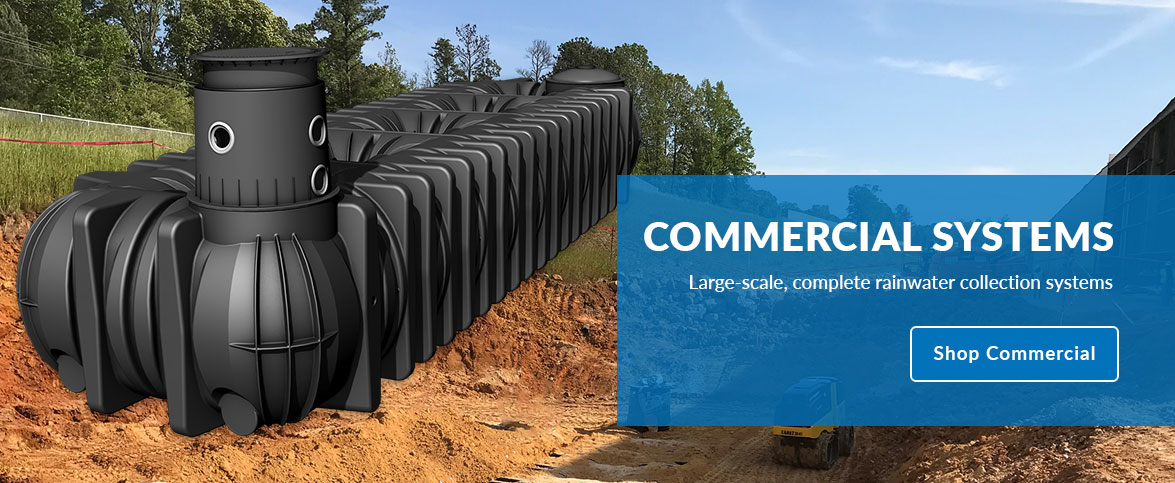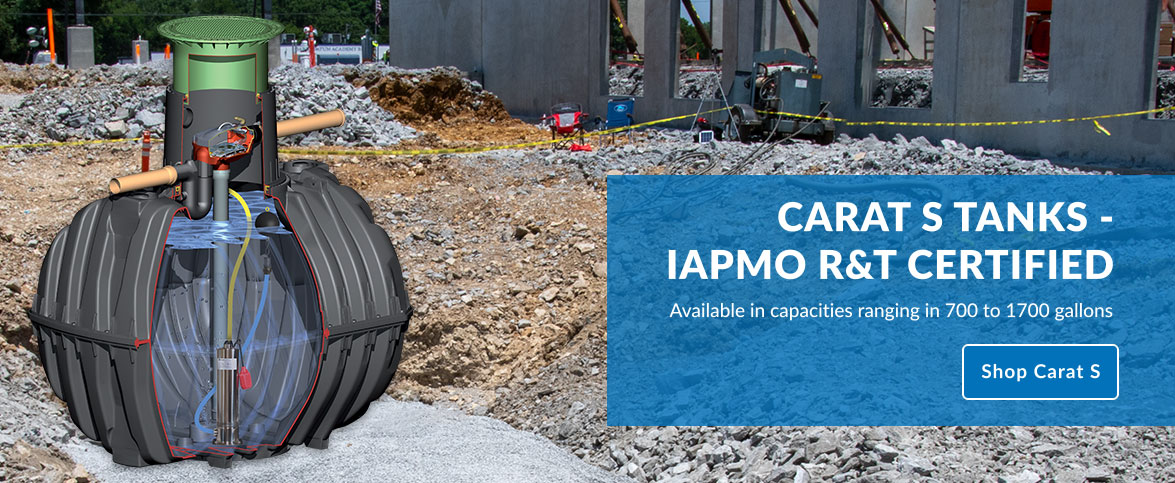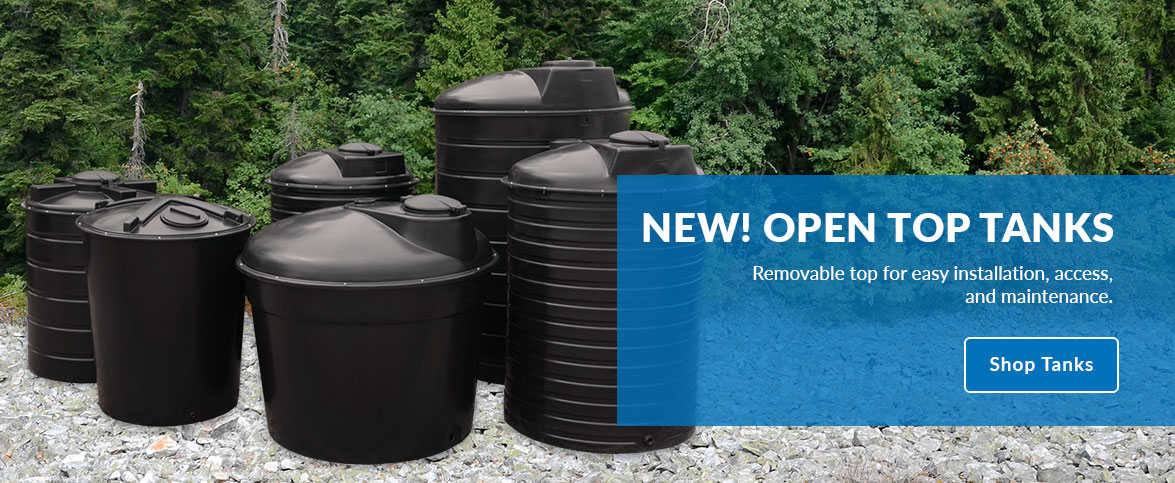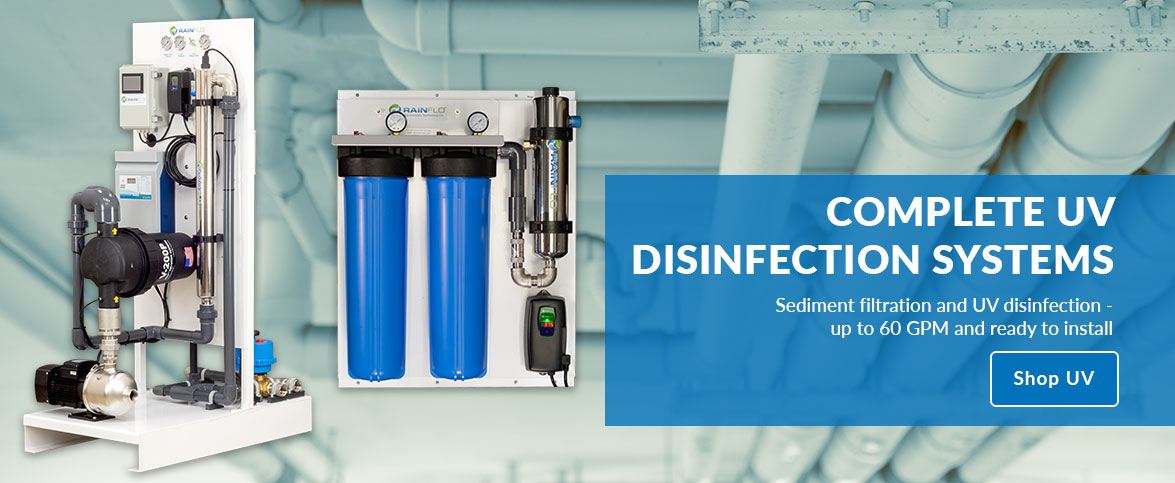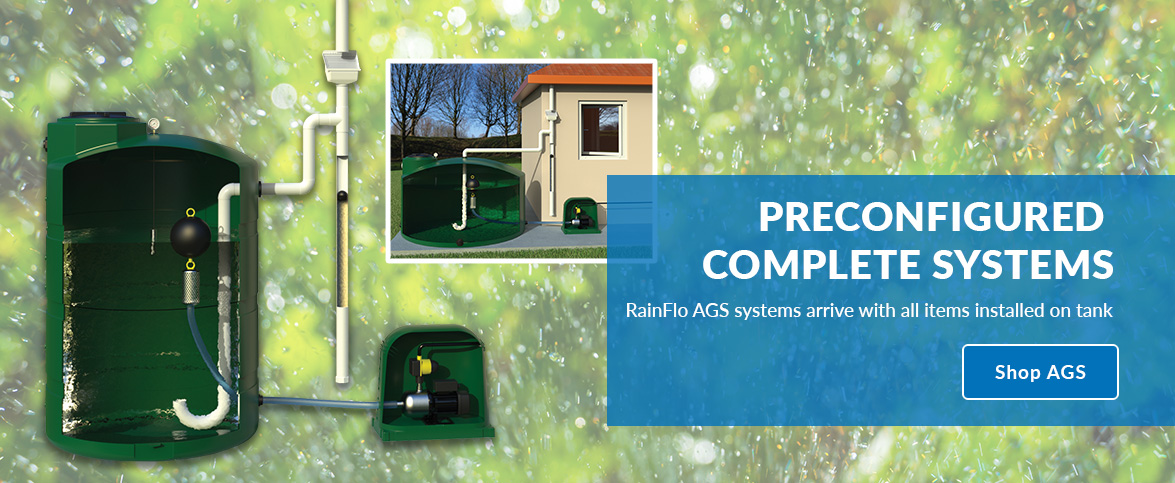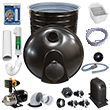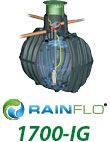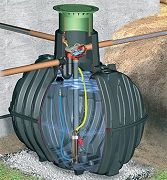-
By Manufacturer...
- AquaTel
- Banjo Corp.
- Big Blue
- Bonomi Valves
- Bushman
- Custom Roto Molding
- DAB
- Goulds Pumps
- Graf
- Grundfos
- JED Engineering
- Leader Pumps
- Miscellaneous
- Norwesco
- Poly-Mart
- Polyslab
- Progressive Pump and Treatment
- RainFlo
- RainHarvesting, Pty.
- RainReserve
- Roth Global Plastics
- RTS Companies
- Snyder
- Stenner
- Sterilight
- Tekelek
- TUF-TITE
- UV Pure
- UVMAX
- Viqua
- Accessories...
- Commercial Products
- Bundles
- Complete Systems...
- Filtration...
- Modular & Stormwater...
- Pumps & Controllers...
- Water Tanks - Fiberglass
- Water Tanks - Bolted Steel...
- Water Tanks - Plastic...
- Closeouts
Rainwater Beer Systems for Brewing and Producing Beer |
 |
 |
 |
 |
Overview:
The rainwater beer system developed between RainHarvest Systems and 5 Seasons Brewery turned out to be surprisingly successful as measured in several ways: The quality and crispness of the beer, the purity and softness of the water, the environmental responsibility and general excitement over rainwater beer has exceeded everyone's expectations. Several breweries, large and small from all over the country, have been working on their own rainwater beer systems as they learn more about the potential uses of locally captured rainwater for brewing beer and also for the water-intensive cleaning processes. So we've created this resource page for the followers who want to learn more about brewing beer with rainwater. In this section we'll provide all the information and resources you need to begin brewing your own beer from rainwater collected on-site. More analysis, articles, links and reviews will be provided as they become available.
The system, installed during August of 2009, employs 6 stages of filtration followed by dual-beam UV sterilization to remove various impurities and ensure safe, high-quality water. The filtered rainwater has a pH of 7.8, a hardness of 0.73 ppm, is colorless, odorless, has zero bacteria or other microbes and passes all EPA Standards with ease.
According to 5 Seasons Master Brewer, Crawford Moran, brewers prefer soft water without a lot of minerals for brewing high quality beer. Another beer aficionado who works as a food section columnist from an Atlanta newspaper says that the Golden Number Ale produced using rainwater was crisper and better tasting than previous batches he sampled made from tap water.
5 Seasons not only uses rainwater to brew all of their various beer but they also implement several other interesting and unique sustainable measures:
- The brewery uses used vegetable oil from the kitchen to boil the ingredients during the beer making process
- They use locally sourced organic vegetables and other ingredients on the menu items whenever possible
- They provide their used barley and hops, used during the beer-making process, to a local farmer who uses it as fertilizer for the produce which he delivers to the restaurant
- Their catering truck is a 1974 Mercedes Benz fire truck which has been converted to run entirely on used vegetable oils (not bio diesel) from the kitchen.
- They've installed waterless urinals in the restrooms
- They are working toward offering the filtered rainwater to restaurant patrons as an option to standard tap water.
The system differs from a typical potable water system in that the processed rainwater is not tied into the building's plumbing system. The processed rainwater is introduced to the brewery at a large tank where other ingredients are combined prior to the main brewing process.
System Components:
The installed system consists of the following components:
- Leaf Eater preliminary leaf and debris filter
- 4" First Flush Diverter
- Graf Optimx Pro filter
- Rainwater collection tank (existing tank is being upgraded to larger size)
- Graf 1" floating extraction filter
- Goulds 1/2 Horsepower Pump
- SmartPress Pump Controller
- Two Full Flow 20" Filter Units ((1) 5 micron particle filter and (1) 1 micron absolute carbon block)
- UV Pure Dual-beam UV Sterilizer
Links to information on the 5 Seasons Brewery rainwater collection system:
 |
5 Seasons Restaurant and Brewery Web Site Initial Press Release: RainHarvest Systems Partners with 5 Seasons Brewery to Produce Rainwater Beer Creative Loafing Magazine Article: Creative Loafing Magazine Article on Rainwater Beer Water Rhapsody Article: When it Rains, it's Beer Eco Localizer Article: Atlanta Brewery Produces Rainwater Beer Atlanta Journal Constitution Article: Brewpub Taps into Storms' Excess |
CNN Video of Rainwater Beer |
Water Testing for Purified Rainwater |


